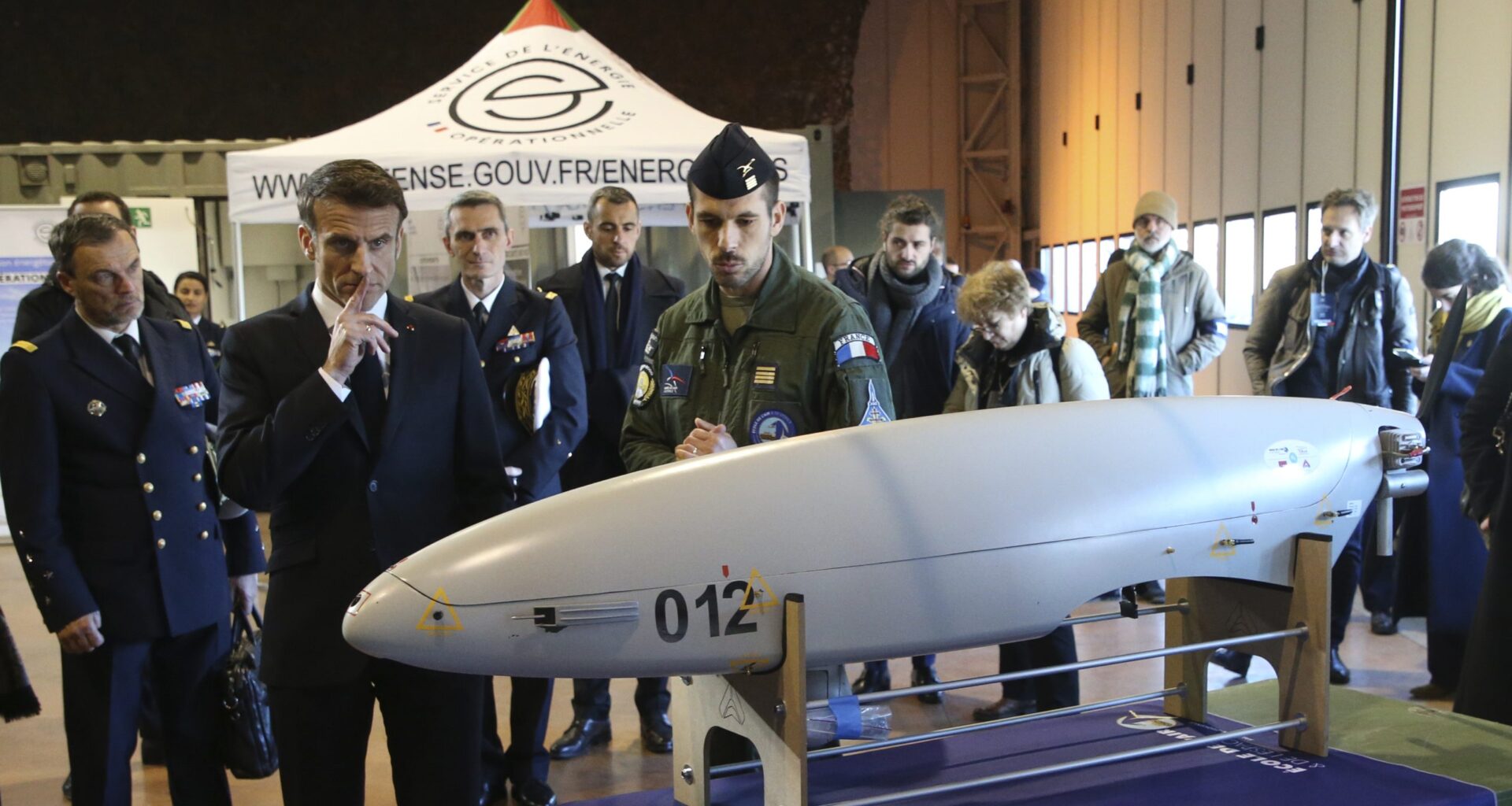France, like other European countries, is adapting its defence and security strategy in response to accelerating geopolitical developments. Its updated National Strategic Review (Revue Nationale Stratégique, RNS) describes the threats facing France, sets ambitions, and proposes resources, in particular an increase in defence spending.
Threats
The RNS, published on 14 July, identifies Russia as the main threat for the coming years, posing by 2030 a “risk of open warfare against the heart of Europe.” It argues that Russia’s top priority of strengthening its armed forces confirms its confrontational approach towards France and its European partners and recognises its destabilising (hybrid) actions as “increasingly uninhibited.” These points were underlined by Chief of Defence General Burkhard at a press conference when he described the Russian threat as the “most significant, closest and most enduring.” Russia has never before been so clearly identified as a threat.
While France remains “deeply committed” to its partnership with the US, the review also highlights the present “uncertainty” about the transatlantic relationship. It notes that while Europe has had a “strategic awakening,” it still risks “strategic isolation” and must continue to rearm.
The document contains 104 references to the word “nuclear” and 43 to “deterrence,” with nuclear capability stressed as having “a central role in the assertion of power.” French nuclear doctrine is also detailed in an unprecedented way. The European dimension of nuclear deterrence is mentioned, including references to the ongoing strategic dialogue with European allies: President Macron has announced that he will reveal the changes this will entail by the end of the year.
Finally, transnational threats such as terrorism remain prominent—indeed, this, and the environmental dimension, which the CHOD has described as a “catalyst for chaos,” are described in greater detail than they were in RNS 2022. Hybrid threats, as well as trade and technology wars, also feature prominently in the description of a deteriorating strategic environment.
Ambitions
Macron has set out an almost unabashed ambition for power for France and Europe: “to be free in this world, you have to be feared, and to be feared, you have to be powerful.” Among the areas to be developed to realise this ambition is the strengthening of the defence industry, both in terms of production and innovation. Faced with the risk of falling behind, the RNS proposes that Europeans must collectively embark on a “technological revolution” in AI, electronic warfare, space and quantum technology, involving a strengthening of the European pillar of NATO in conjunction with the EU.
Other objectives are linked to lessons learned from Russia’s war in Ukraine. Those include the need for mass in capabilities (balance between “very high-tech decision-making weapons, which are essential for victory, and wear-and-tear and saturation capabilities,” some of which are derived from dual use technology like drones) and manpower—particularly in the military reserve—and for the resilience of society and the economy (which must “prepare for war”). Civil society will thus need to be better informed about Russia’s hybrid destabilisation efforts. Both the government and Viginum (a state agency fighting foreign information meddling) have become more vocal about hostile actions orchestrated by Russia in the information sphere.
Means
The RNS notes that societal resilience—through strengthening national cohesion and protecting crisis management structures and vital infrastructure—requires citizens, government services, and private companies to be better prepared and more engaged. The President has cited efforts already made to expand the army reserve, but also stressed the need to work with youth. The RNS proposes a “renewed voluntary military service”: Macron has indicated that he will decide by the end of the year how to involve young people in a new framework for service.
Partnerships and alliances in Europe and beyond are priorities for France. The renewed and strengthened partnership with the UK encompasses a joint nuclear deterrent dimension, while the RNS seeks to review and strengthen partnerships in the Indo-Pacific and Africa. Macron has recently toured the Indo-Pacific, giving the opening speech at the Shangri-La Dialogue, while Indonesia was the guest of honour at France’s 14 July parade.
The RNS also recommends an increase in defence spending to strengthen defence capabilities at the national and European levels. The President has announced an increase of €6.5 billion over what was planned in the military programming law, to reach €64 billion three years ahead of schedule, i.e., by 2027 (the last year of his term in office). France is, however, going through a difficult period with its public finances. The Prime Minister has presented a series of austerity measures ahead of the budget discussions in Parliament, although defence (and the cost of debt) is so far not affected by a spending freeze.
Uncertainties
France sees that trends it noted in 2017 and 2022 have accelerated and intensified, and the risks of it becoming involved in a high-intensity conflict or of hybrid destabilisation on its territory have increased. The updated RNS thus sets out a commitment to increase defence spending and to mobilise the entire population, with a focus on young people and reservists under the motto “to be aware and ready.” Both aspects are in line with initiatives taken by other European countries (the UK Strategic Review) and by the EU. The end of the year should see presidential announcements about mobilising young people and strengthening nuclear deterrence, but there will be twists and turns as the military programming law is revised and Parliament votes on the global budget. It is not impossible that Parliament will censure the government’s budget proposal and, as it did at the end of 2024, freeze military appropriations.
Views expressed in ICDS publications are those of the author(s).
